In the bustling urban landscapes of Australia, coffee culture is more than a trend—it's a daily ritual. However, even the most seasoned coffee connoisseurs occasionally face the frustrating experience of receiving a wrong order. But why does this happen so often? Let's delve into six potential reasons behind the mix-ups and explore how they relate to broader industry trends and technological advancements.
1. Complex Coffee Menus
Coffee menus have evolved from simple choices of black or white to an extensive array of options, including lattes, cappuccinos, flat whites, and a plethora of milk alternatives. This complexity can lead to order errors, especially in bustling environments. According to a study from the University of Sydney, cafes that offered more than 15 types of coffee beverages had a 20% higher rate of order inaccuracy.
2. Barista Training and Turnover
The skill and experience of the barista play a significant role in the accuracy of coffee orders. High turnover rates in the hospitality industry, exacerbated by the pandemic, have led to a workforce where many employees are still in training. The Australian Bureau of Statistics (ABS) reports that the hospitality sector experienced a 15% increase in employee turnover in 2022, impacting service consistency.
3. Communication Barriers
Miscommunication between customers and staff is another common reason for incorrect orders. Ambient noise in busy cafes can hinder clear communication, while language barriers can further complicate interactions. In multicultural cities like Melbourne and Sydney, this is a significant factor, with cafes employing a diverse workforce to reflect the local community.
4. Digital Ordering Systems
While digital ordering systems are increasingly popular for their convenience, they can contribute to order errors if not implemented correctly. A Deloitte report highlighted that 30% of cafes using digital ordering systems experienced frequent technical errors, leading to incorrect orders. These systems must be well-integrated and user-friendly to minimize mistakes.
5. Supply Chain Disruptions
Global supply chain issues have affected the availability of certain coffee beans and ingredients, leading to substitutions that may not align with a customer's specific request. The Reserve Bank of Australia (RBA) has noted that supply chain disruptions have particularly impacted the hospitality sector, causing a ripple effect on service delivery.
6. Customer Expectations and Preferences
Finally, the increasing specificity of customer preferences can lead to misunderstandings. Requests for specific milk types, temperatures, and flavorings create opportunities for errors, especially during peak hours. As Australian consumers become more discerning, cafes are challenged to maintain high standards of customization without compromising accuracy.
Case Study: McCafe's Technological Integration
McDonald’s Australia, through its McCafe outlets, implemented advanced digital solutions to enhance order accuracy. By integrating AI-driven ordering systems that adapt to customer preferences over time, McCafe reduced order discrepancies by 15%. This approach highlights the potential for technology to improve service delivery in high-volume environments.
Pros and Cons of Digital Ordering Systems
✅ Pros:
- Efficiency: Speeds up the ordering process, reducing wait times.
- Consistency: Minimizes human error by automating repetitive tasks.
- Data Collection: Provides valuable insights into customer preferences.
❌ Cons:
- Technical Issues: Can lead to order errors if systems malfunction.
- Loss of Personal Interaction: May detract from the customer experience.
- Implementation Costs: Initial setup can be expensive for small cafes.
Future Trends: The Rise of AI in Coffee Shops
The integration of AI and machine learning in coffee shops is poised to revolutionize order accuracy and customer experience. According to a report by CSIRO, by 2030, AI applications in retail are expected to enhance customer service efficiency by 35%. This trend will likely see widespread adoption across Australian cafes, offering a seamless blend of technology and hospitality.
Common Myths About Coffee Order Errors
- Myth: "Only inexperienced baristas make mistakes." Reality: Even seasoned professionals can err, especially under high pressure.
- Myth: "Digital systems are foolproof." Reality: They still require regular updates and maintenance to function correctly.
- Myth: "Supply chain issues don't affect local cafes." Reality: Global disruptions can impact ingredient availability, affecting even locally sourced cafes.
Final Takeaways
- Embrace Technology: Implement AI-driven systems to improve order accuracy.
- Focus on Training: Invest in comprehensive barista training programs.
- Enhance Communication: Foster clear communication channels in busy environments.
- Adapt to Supply Changes: Prepare for disruptions with flexible menu options.
Want to enhance your cafe's efficiency? Join our newsletter for insights on the latest trends in hospitality technology!
People Also Ask
How does coffee order accuracy impact business in Australia?
Improved order accuracy can enhance customer satisfaction, leading to repeat business and increased revenue, as noted by a Deloitte report.
What are the biggest misconceptions about digital ordering in cafes?
A common myth is that digital systems are infallible. However, technical issues can lead to order errors if not properly managed.
Related Search Queries
- Why do coffee orders get mixed up?
- How to improve coffee shop order accuracy
- Impact of digital ordering on cafes
- Barista training programs in Australia
- Supply chain issues affecting coffee shops
- AI technology in Australian cafes
- Common customer complaints in cafes
- Role of communication in hospitality
- Future of AI in retail industry
- Strategies for reducing order errors in cafes







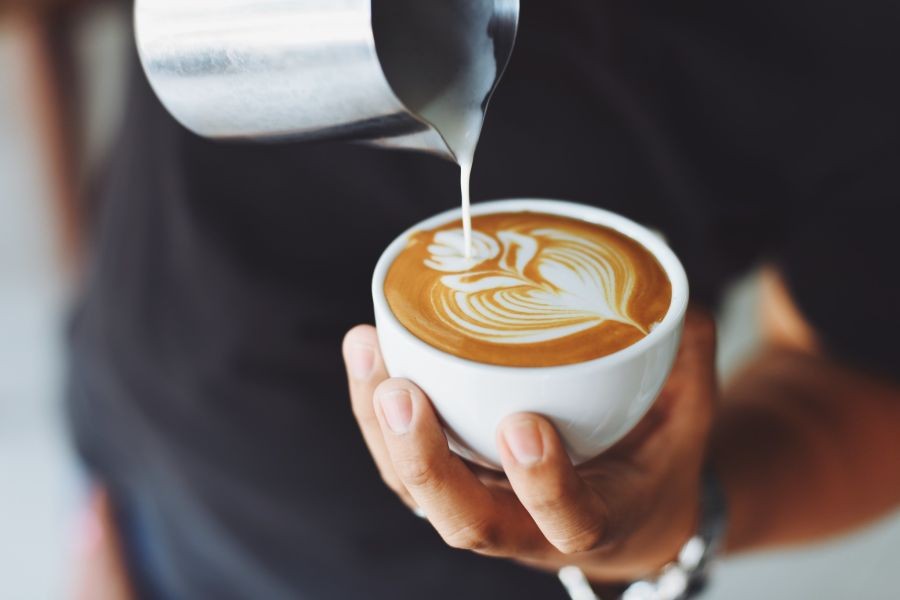


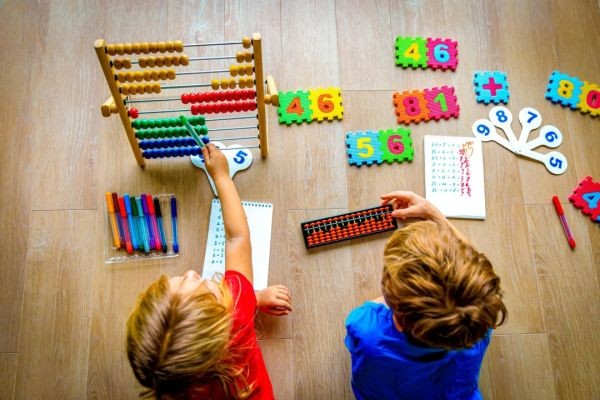

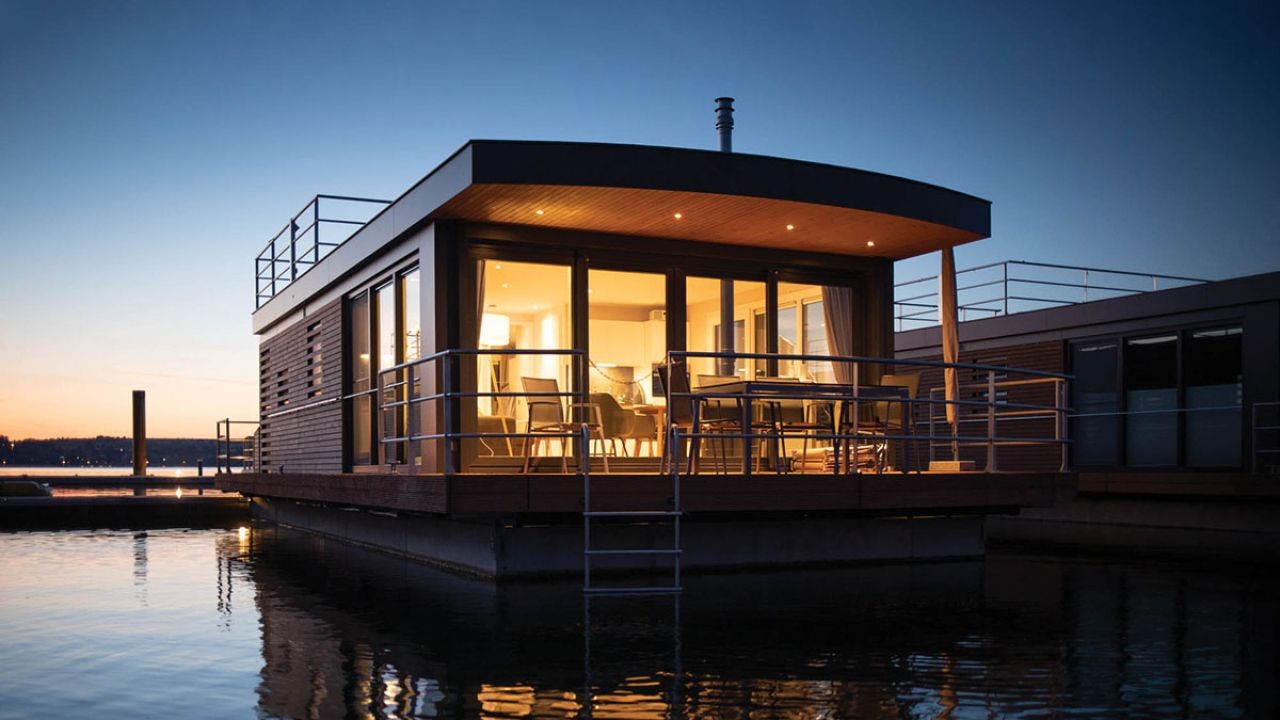



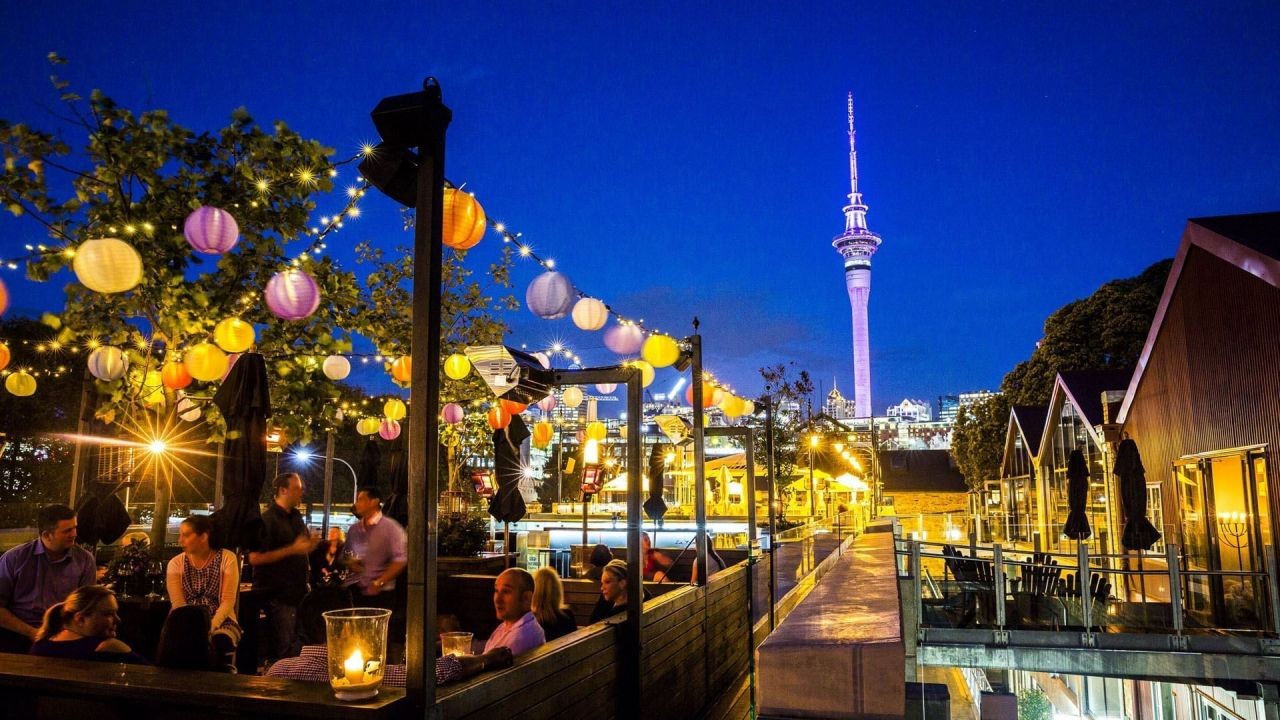





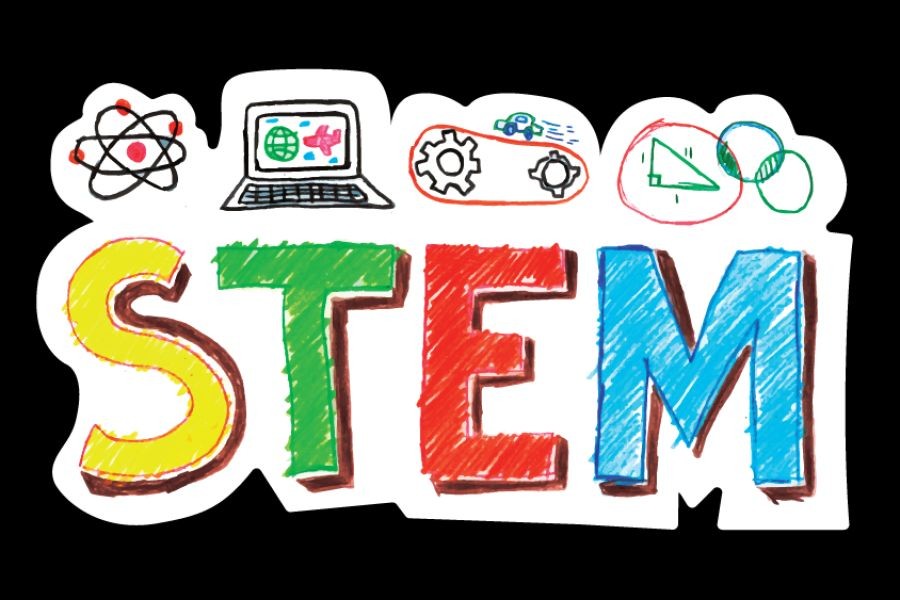

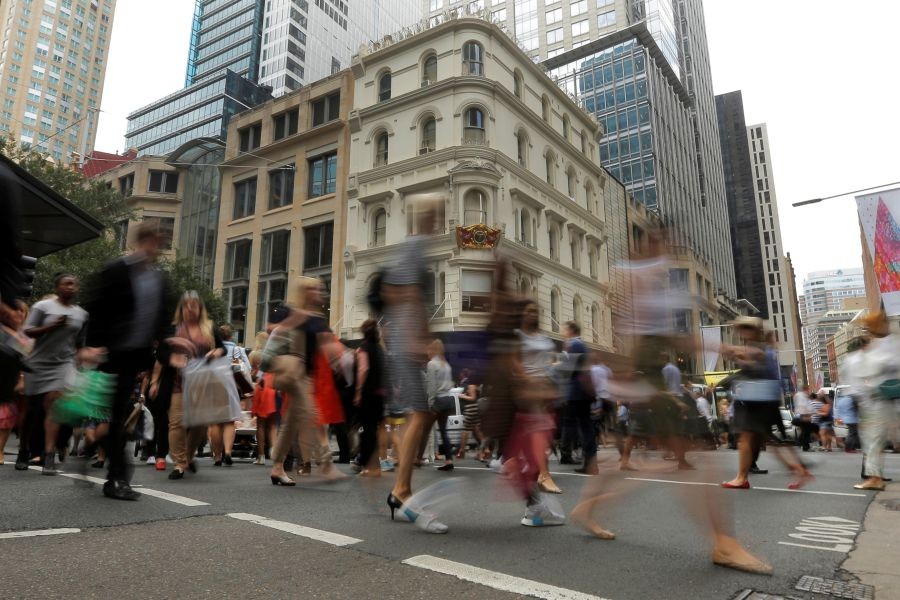







santosboone24
11 months ago